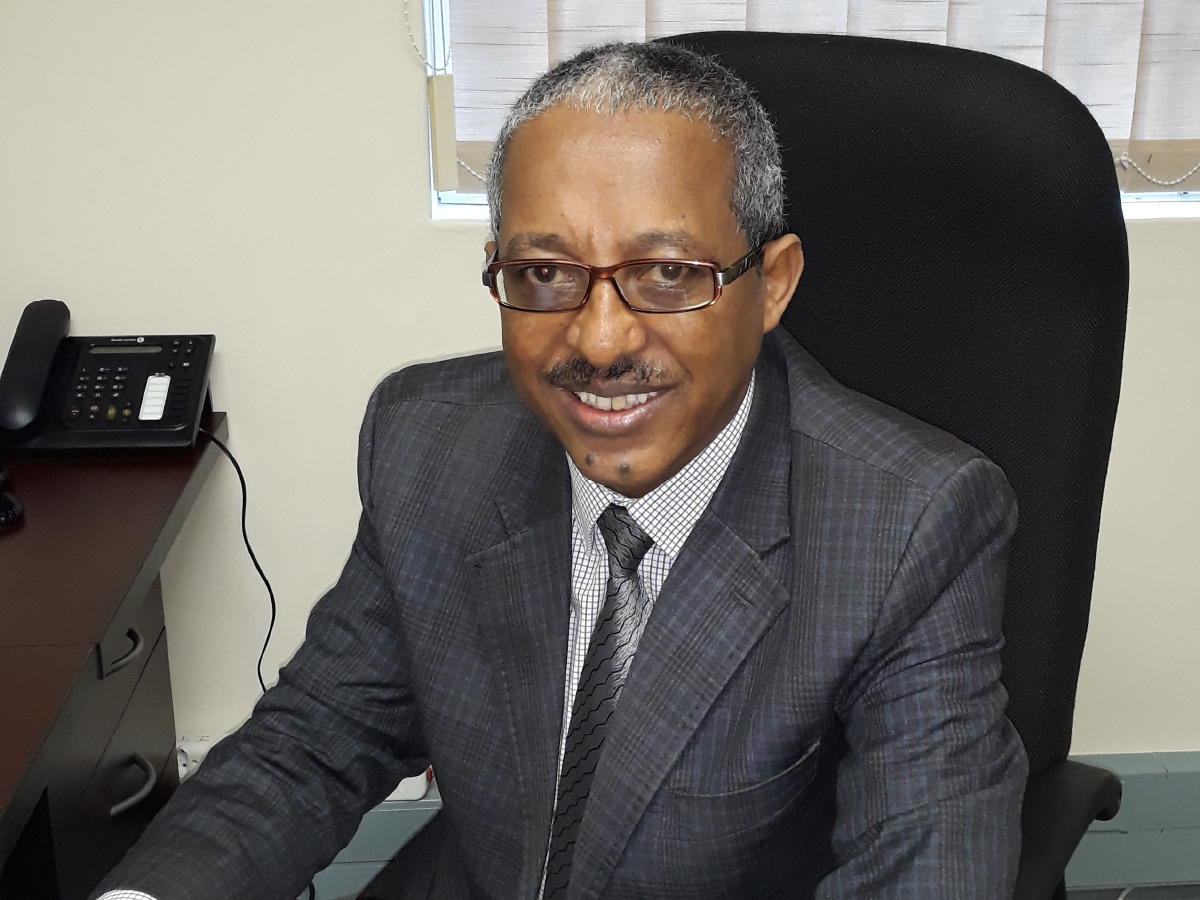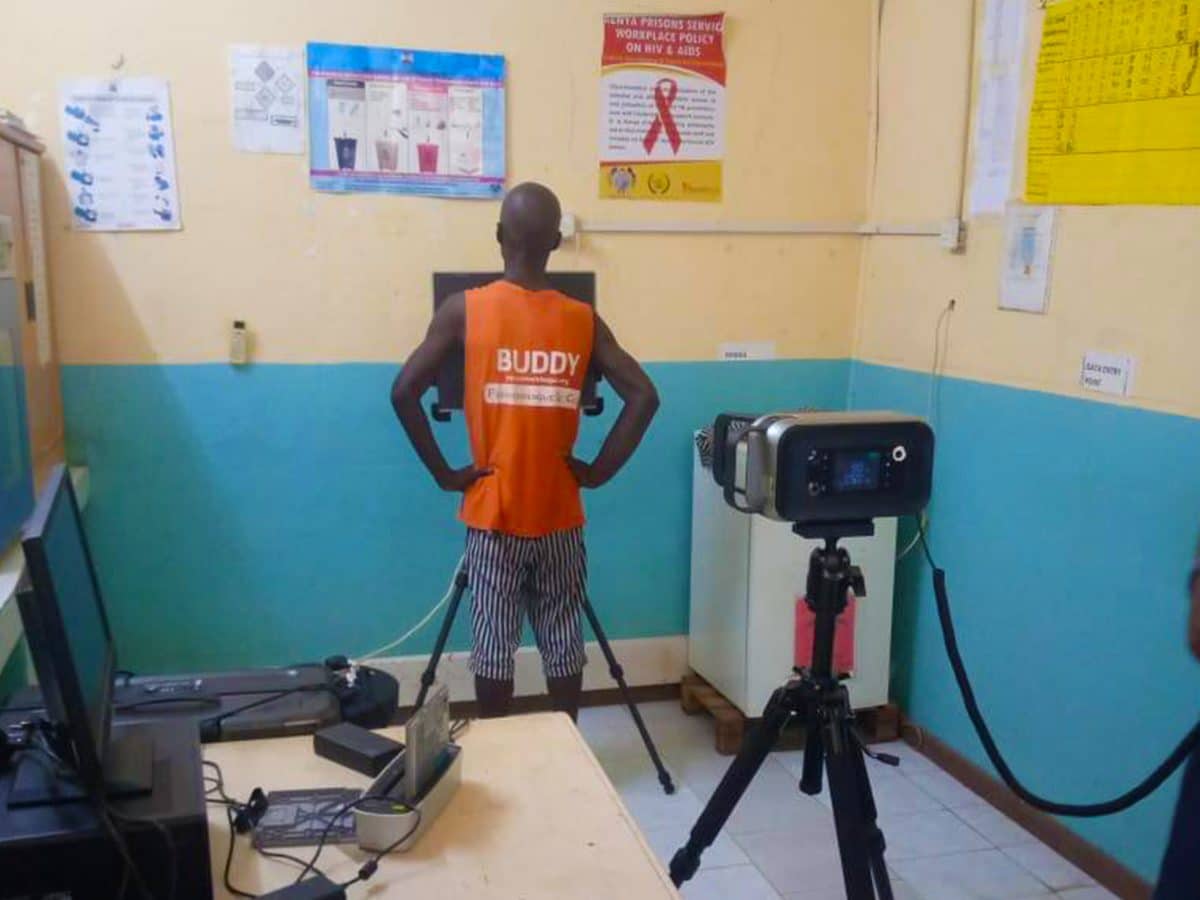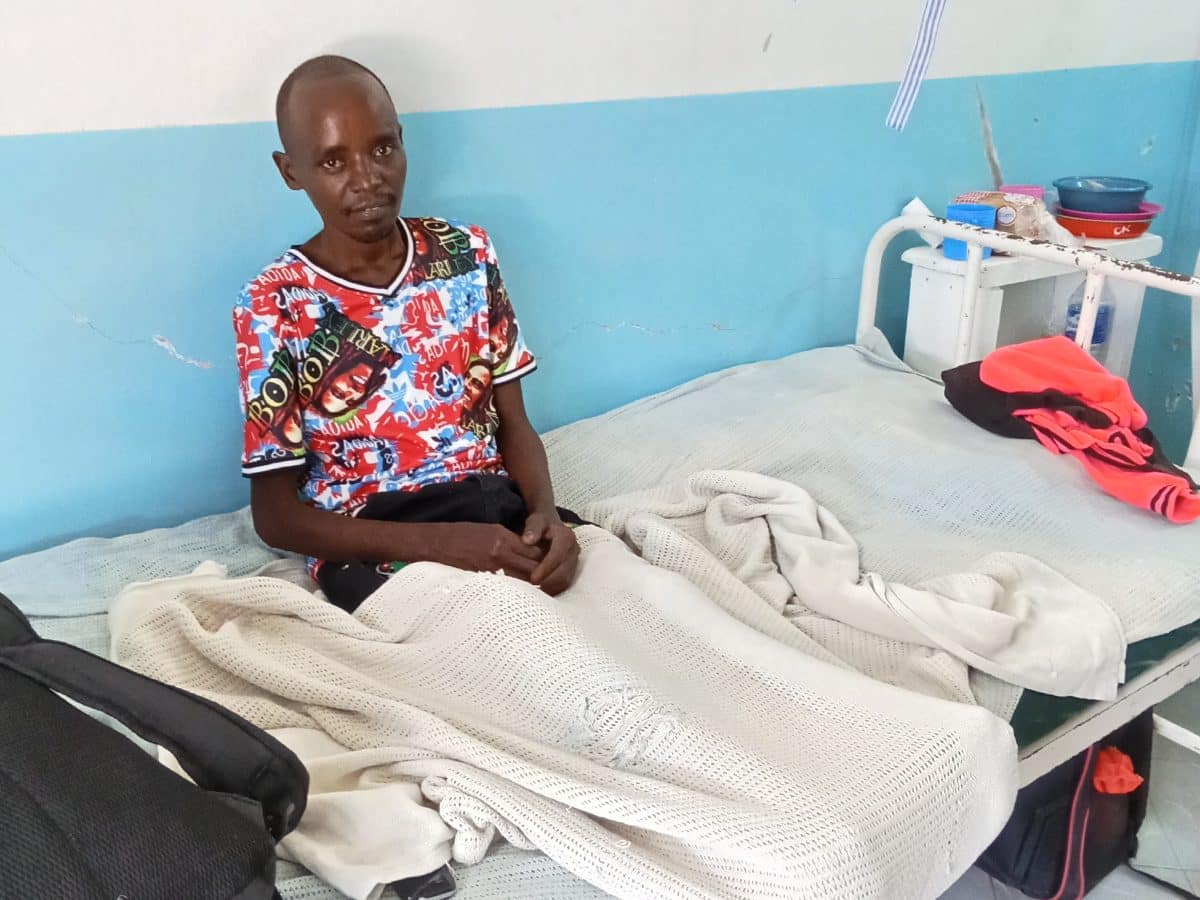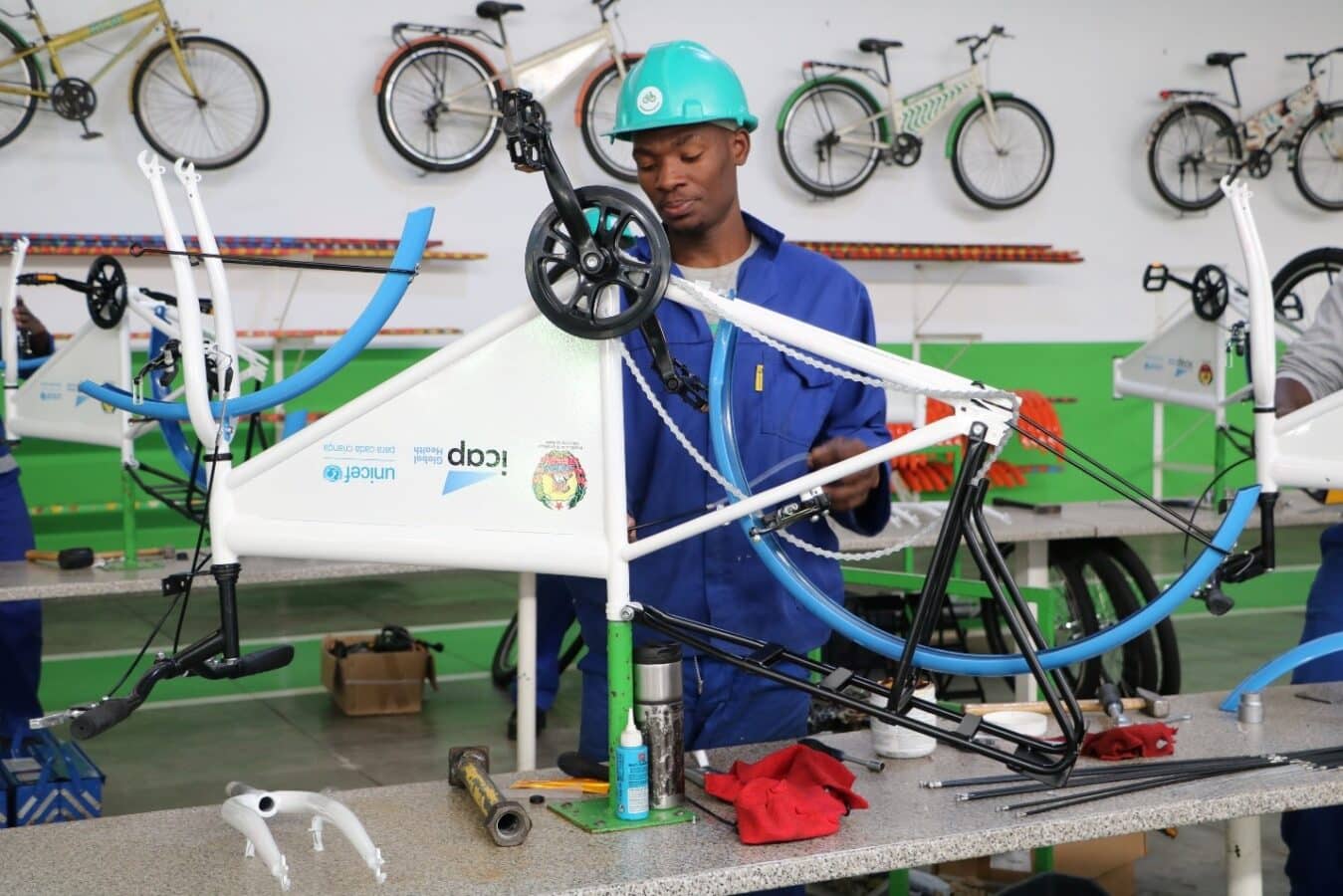As a boy growing up in rural Ethiopia, ICAP’s Tesfay Abreha, DVM, MSc, MPH, and his family dreamed of him becoming a successful lawyer, influenced by an uncle who was a judge. But life had other plans: as a young student, he excelled in science rather than political science or history. He found himself wanting to learn more about the invisible world around him and spent much of the next 20 years intensely studying the intersection between animal and human health, ultimately gaining a doctorate in veterinary medicine and graduate degrees in both medical microbiology and public health. Working earlier in his career as a researcher at Armauer Hansen Research Institute and later as an assistant professor at Makelle University in Ethiopia, Dr. Abreha wondered: How might we better use microbiology to improve the health of people in Ethiopia and around the world? More than a quarter of a century later, Dr. Abreha is still asking those same questions, but now, his work to improve laboratory networks across the African continent is saving lives.
As a senior technical expert, Dr. Tesfay has supported ICAP’s efforts in strengthening laboratory systems since 2009 when he led a laboratory unit supporting a national HIV/AIDS Care and Treatment program in Ethiopia. Dr. Tesfay then served as director for the national Malaria Laboratory Diagnosis and Monitoring (MLDM) project, a multiyear initiative funded by a grant from the U.S. President’s Malaria Initiative (PMI) awarded by the U.S. Agency for International Development (USAID). The project supported more than 1,000 health facilities and six regional reference laboratories to improve the quality of malaria laboratory diagnostics and care in Ethiopia.
“Laboratories play a key role in delivering quality health care to individuals and the public at large with 70% of medical decisions made based on laboratory results. It is very helpful to make early detection of the causative agent, diagnosis, treatment, and monitoring of efficacy of therapy.”
In his current role as technical director for ICAP’s laboratory systems strengthening project in Eswatini, Dr. Abreha has worked in close collaboration with the Ministry of Health to greatly expand the country’s ability to provide rapid and accurate diagnostic services for patients accessing care and treatment across the public health system. Over the course of five years, Dr. Abreha and his team worked to establish four regional HIV molecular laboratories, efficient clinical sample referral networks, a national laboratory information system. Two of the country’s laboratories, the National TB Reference Laboratory and the National HIV Molecular Reference Laboratory, were granted international accreditation by the Southern Africa Development Community Accreditation Service (SADCAS), the first of its kind in the history of public clinical laboratories in Eswatini.
Dr. Abreha takes great pride in this accomplishment and the impact it has had on the health and well-being of the country: Eswatini was one of the first countries in the world to achieve the UNAIDS ’95-95-95’ targets – ten years ahead of schedule. This means that 95% of people living with HIV in Eswatini know their status, that 95% of people who know their HIV-positive status are accessing treatment and that 95% of people on treatment have suppressed viral load. According to Dr. Tesfay, this remarkable accomplishment would have been “impossible” without the availability of high-quality and decentralized laboratory services, which he and his team have worked tirelessly to provide to the people of Eswatini.
With the emergence of the ongoing COVID-19 pandemic, Dr. Abreha and his team see the rapid development of diagnostic tools and technologies as proof-positive of the importance of strong laboratory networks around the world. Thanks to the rapid development of new laboratory and diagnostic tools, “COVID-19 diagnosis can be made in few minutes to support early patient isolation and management, and contact tracing and institute control and preventive measures to slow down community spread.”
While the novel coronavirus continues to spread, Dr. Abreha remains “hopeful” that the amount of support given to research will continue to advance technologies for new diagnostics, drugs and specifically vaccines to outsmart the virus—and is convinced now more than ever of the important roles that laboratories continue to play in public health. Along with ICAP, Dr. Abreha remains a committed advocate for continued investments in laboratory systems in Eswatini, emphasizing their importance in population level surveys, surveillance, basic research, clinical trials, and even research and development.







